OOPS!
Looks like that page wasn’t sustainable enough.
Let’s get you back on track:
- Visit our homepage
- Meet our team
- Read the latest news
- Get in touch
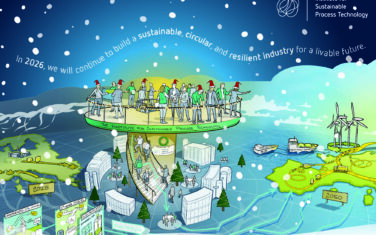
Reflecting on 2025: Building Momentum for a Livable Future
Discover here the highlights from 2025.
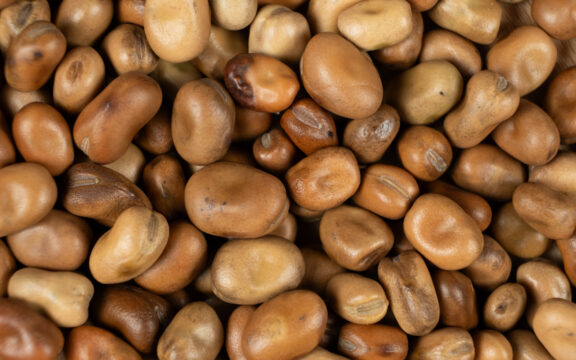
New
ECONEXT – Enabling protein CONcentrates for EXTrusion
ECONEXT paves the way for a sustainable shift in protein production—one that’s not just better for the planet, but also economically viable and locally rooted.
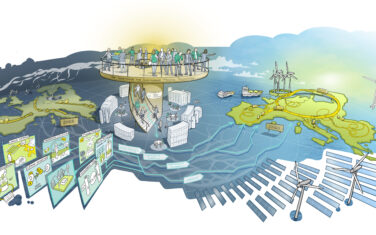
The road towards a circular, climate-neutral and resilient 2050
What does the future demand from us – and from industry? Our new visual shows how ISPT navigates the path towards a circular and CO₂-neutral economy by 2050.
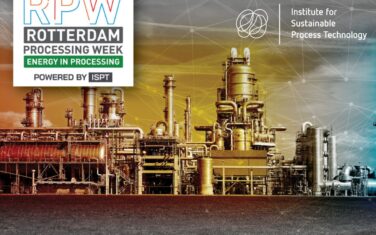
Ontdek hoe processing de transitie versnelt – meld je aan voor de Rotterdam Processing Week op 1 & 2 oktober
Tijdens de Rotterdam Processing Week in Ahoy Rotterdam presenteert ISPT de laatste ontwikkelingen en uitdagingen in de energie, materialen en agro-food transities.
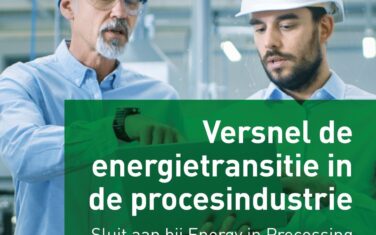
ISPT brengt systeeminnovatie naar Rotterdam Processing Week 2025
ISPT presenteert tijdens de Rotterdam Processing Week de laatste inzichten en innovaties rondom energie, materialen en voedselverwerking.

Anomalous enhanced swelling of charged copolymer gels
Highlights Abstract Copolymer gels are a class of hydrogels that possess at least two different monomers within the same polymer chain. A common method for synthesizing copolymer gels is the...
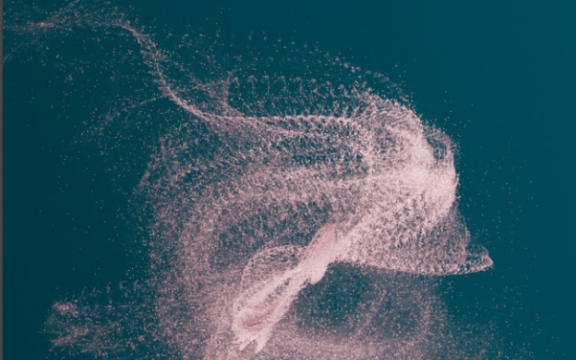
From mist to matter: Steering particle structure development during pilot-scale spray drying
Spray drying is a widely applied method for producing shelf-life stable powders such as food ingredients. During drying, a liquid feed is atomized into small droplets and exposed to hot...
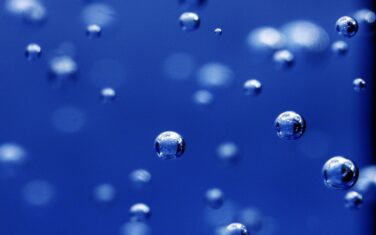
2024 achievements: energy-efficient drying technologies for the food industry
Reflect with us on the achievements of 2024 and see what opportunities lie ahead for the food industry in 2025.
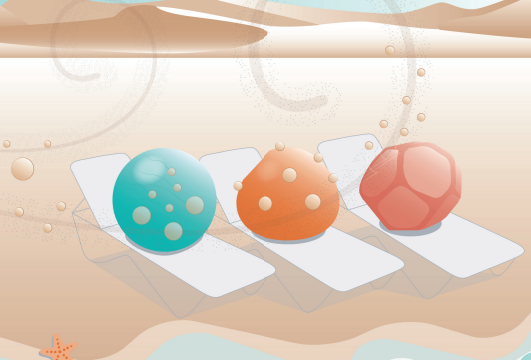
Single droplet drying to steer particle agglomeration during spray drying
Large scale food processes allow mass-production of well-preservable food materials, such as powders produced by spray drying. However, the food industry is consuming a lot of energy, and drying is...
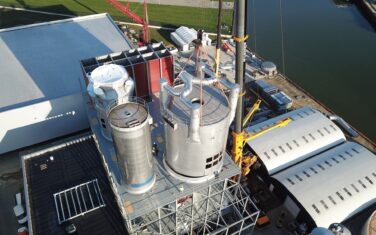
Zeolietsorptiedroger realiseert 40-45% energiebesparing bij sproeidrogen
Recentelijk heeft ISPT de haalbaarheidsstudie ZeoDry afgerond, waarin de efficiëntie van een nieuw ontworpen zeolietsorptiedroger in een drumconstructie werd onderzocht. Uit de studie blijkt dat een energiebesparing van 40 à...
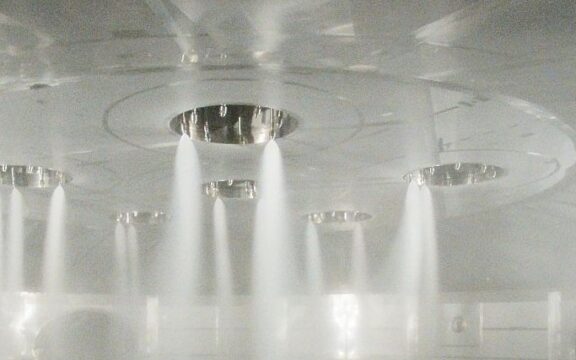
MilDeWat – Breakthrough Mild Dewatering Technologies
This project will enhance the implementation of mild (energy extensive) dewatering technologies to contribute to industry's energy reduction goals.
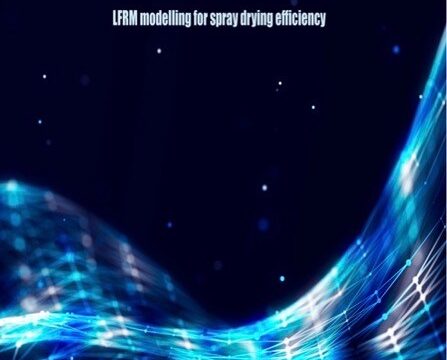
Liquid-Gas Interface Deformations in Atomization
The simulation studies performed in this work represent a stepping stone towards the use of LFRM in the simulation of spray systems present in spray drying applications.
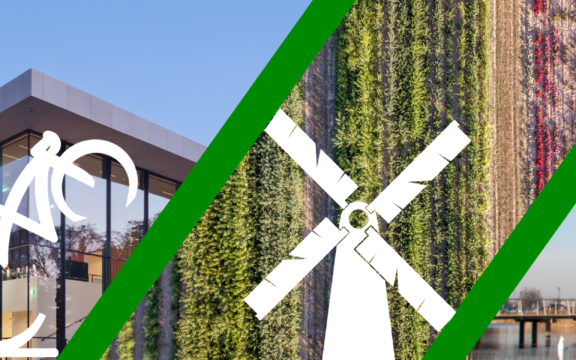
External event
Eurodrying 2025 Conference – NWGD
ISPT is sponsor of the EuroDrying Conference. We will have the opportunity to present the Drying & Dewatering and Mild Fractionation For Food projects at our own stand.
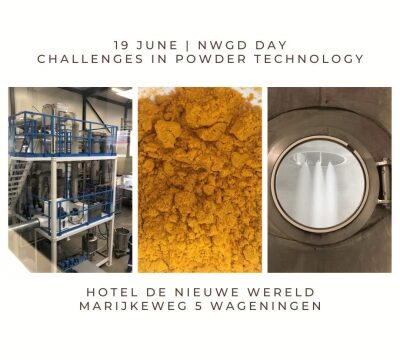
External event
Powder Technology Symposium
The Netherlands Working Group on Drying (NWGD) invites you to the NWGD day on Challenges in powder technology.
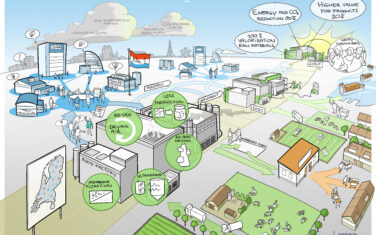
Roadmap: future of food processing
ISPT’s Drying and Dewatering Program works collaboratively with leading food companies in the Netherlands and has now delivered a roadmap to show the path forward.
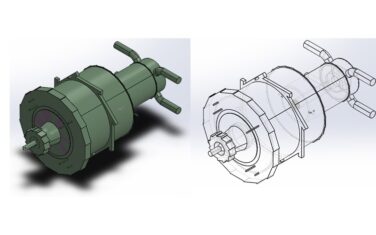
ENGENDER: Breakthrough in energy-efficient spray drying technology
How can we make the spray drying process less energy intensive? The Engender project developed a groundbreaking solution: the Radial Multizone Dryer.
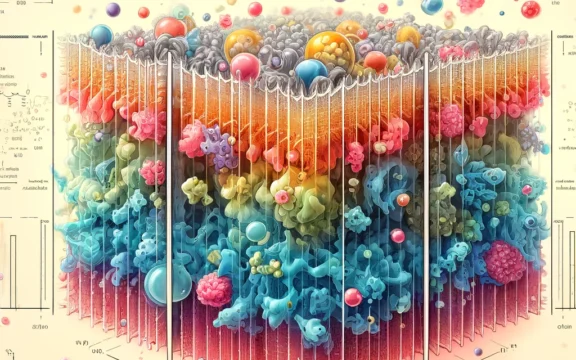
Protein transport in open ultrafiltration
This thesis aims to quantify the mass transfer of proteins through a membrane and understand which driving forces in the system are responsible for protein–protein separation with ultrafiltration (UF).
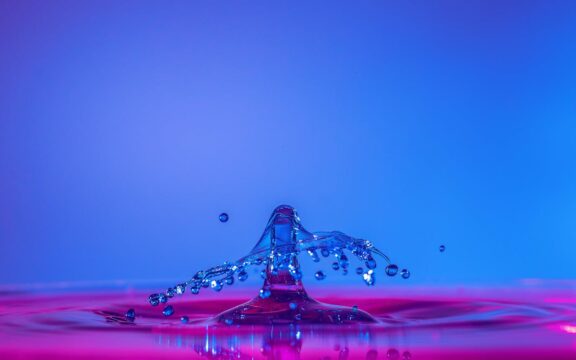
Advances in Membrane Separation for Biomaterial Dewatering
Dewatering by membrane separation is a sustainable and efficient alternative for drying biomaterials.
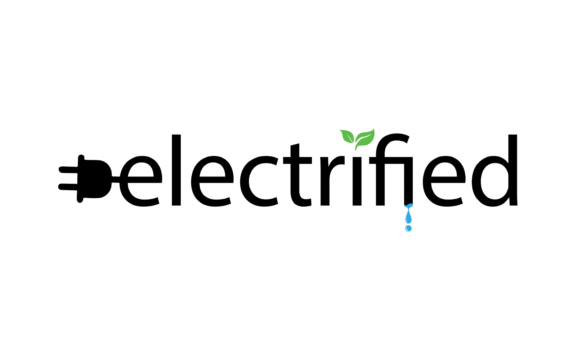
Electrified – Electrically driven non-thermal dewatering of biomass
The aim of the Electrified project is to establish new technologies for future key technologies for biomass dewatering.
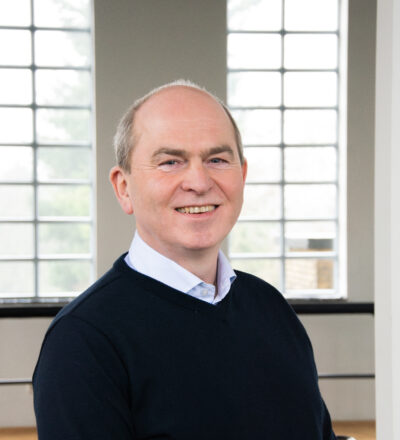
Jan Sikkema
Program Director (Fascinating)
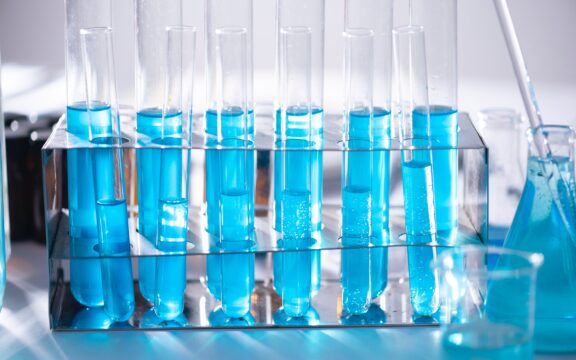
Recircanol: Circular recovery of ethanol from alkaline-ethanol media at high pH using membrane technology
This project develops nanofiltration membranes and membrane modules for alkaline-alcohol media at high pH for the purification of ethanol and caustic.
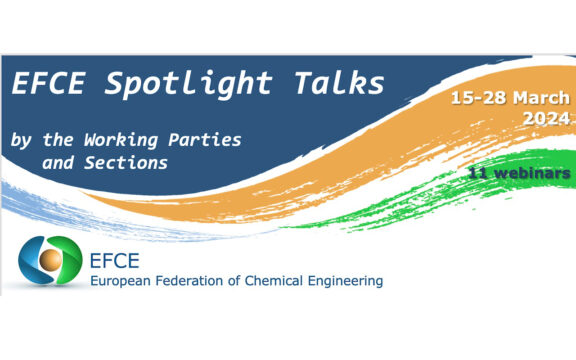
External event
EFCE Spotlight Talks: Electrically-driven dewatering and drying
In this webinar, part of the EFCE spotlight talks series, you will be updated on research on some emerging electrically-driven dewatering and drying principles including their future applications.
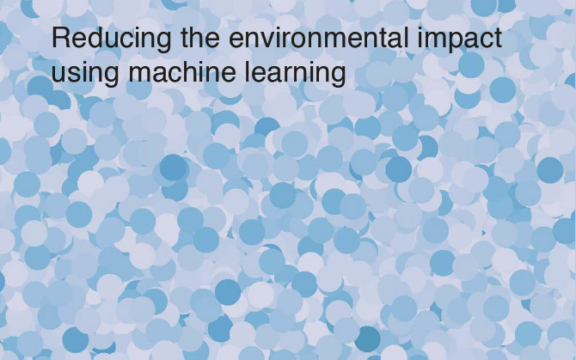
Functionality-driven food formulation
This research proposes a method to create ingredient formulations based on their functional properties rather than of what they are composed.
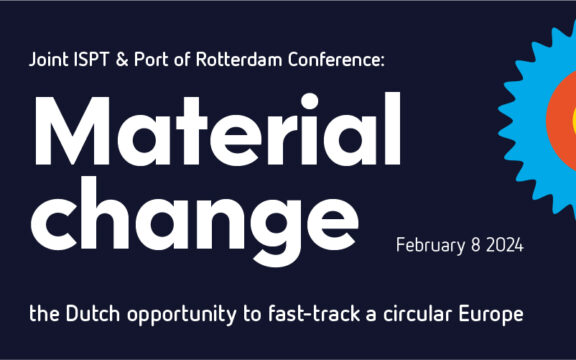
ISPT event
Joint ISPT & Port of Rotterdam Conference ’24
This year, the ISPT Conference proudly collaborates with the Port of Rotterdam (PoR). A promising co-production, as the 3 major transitions we are working on come together in the Port of...